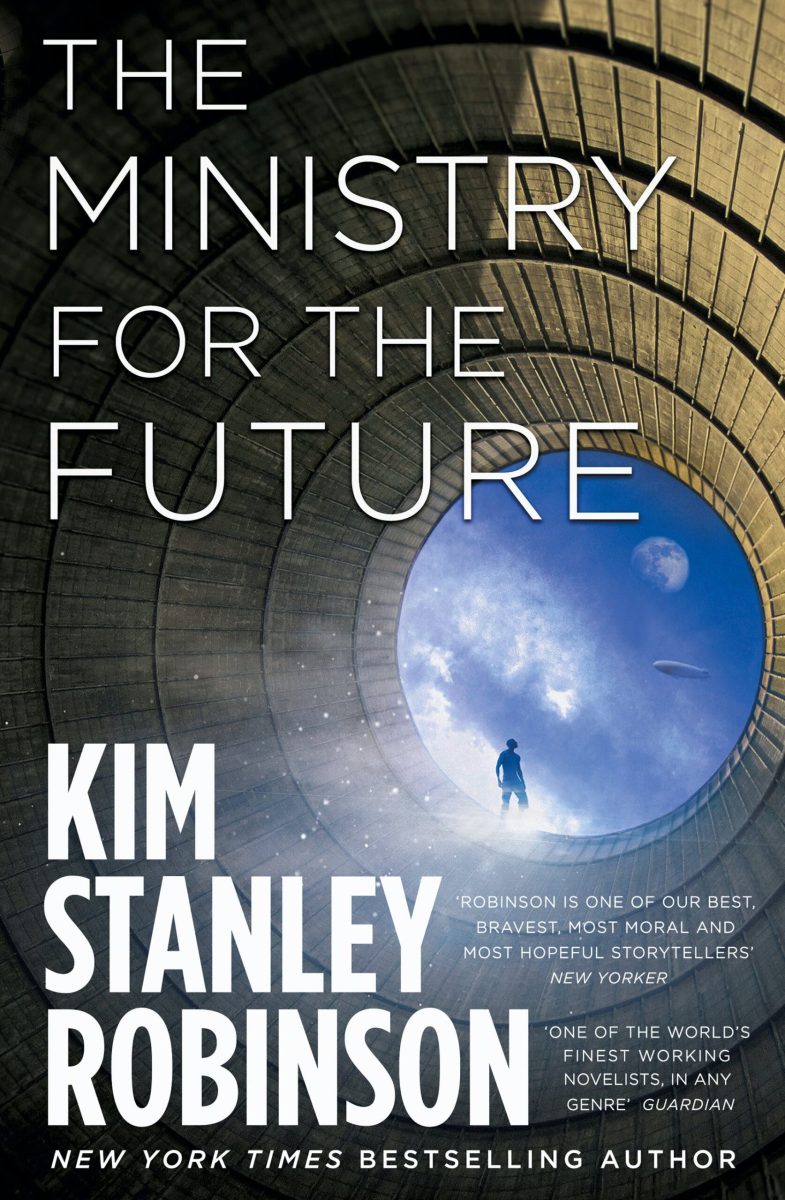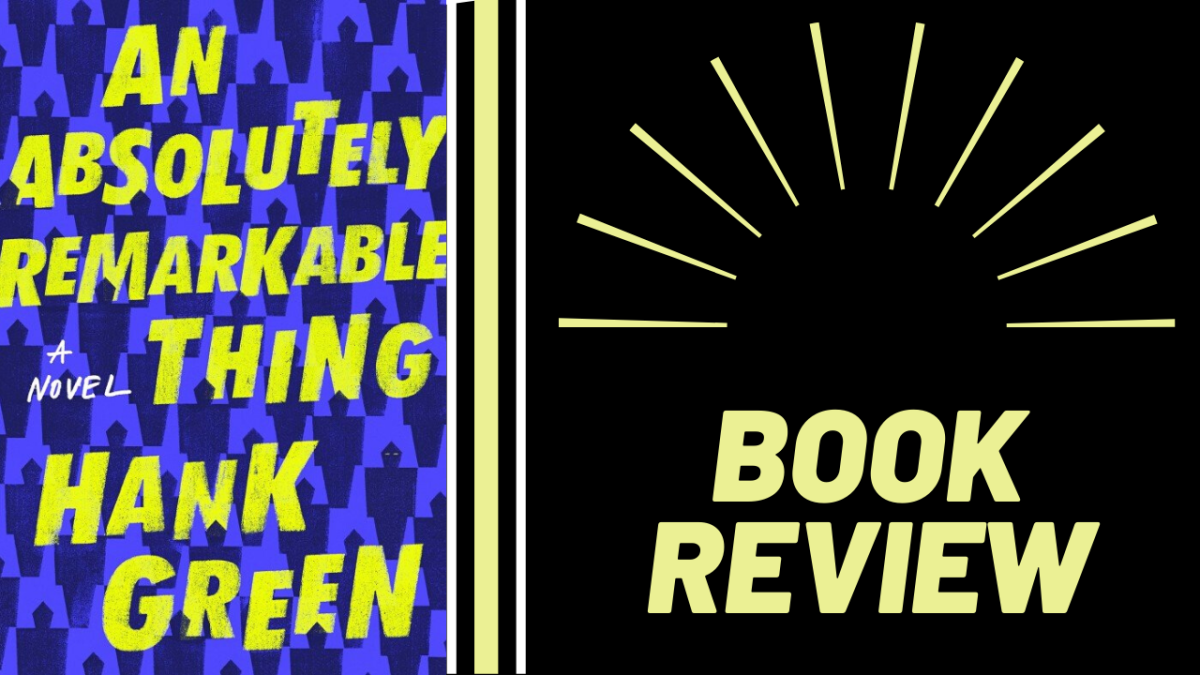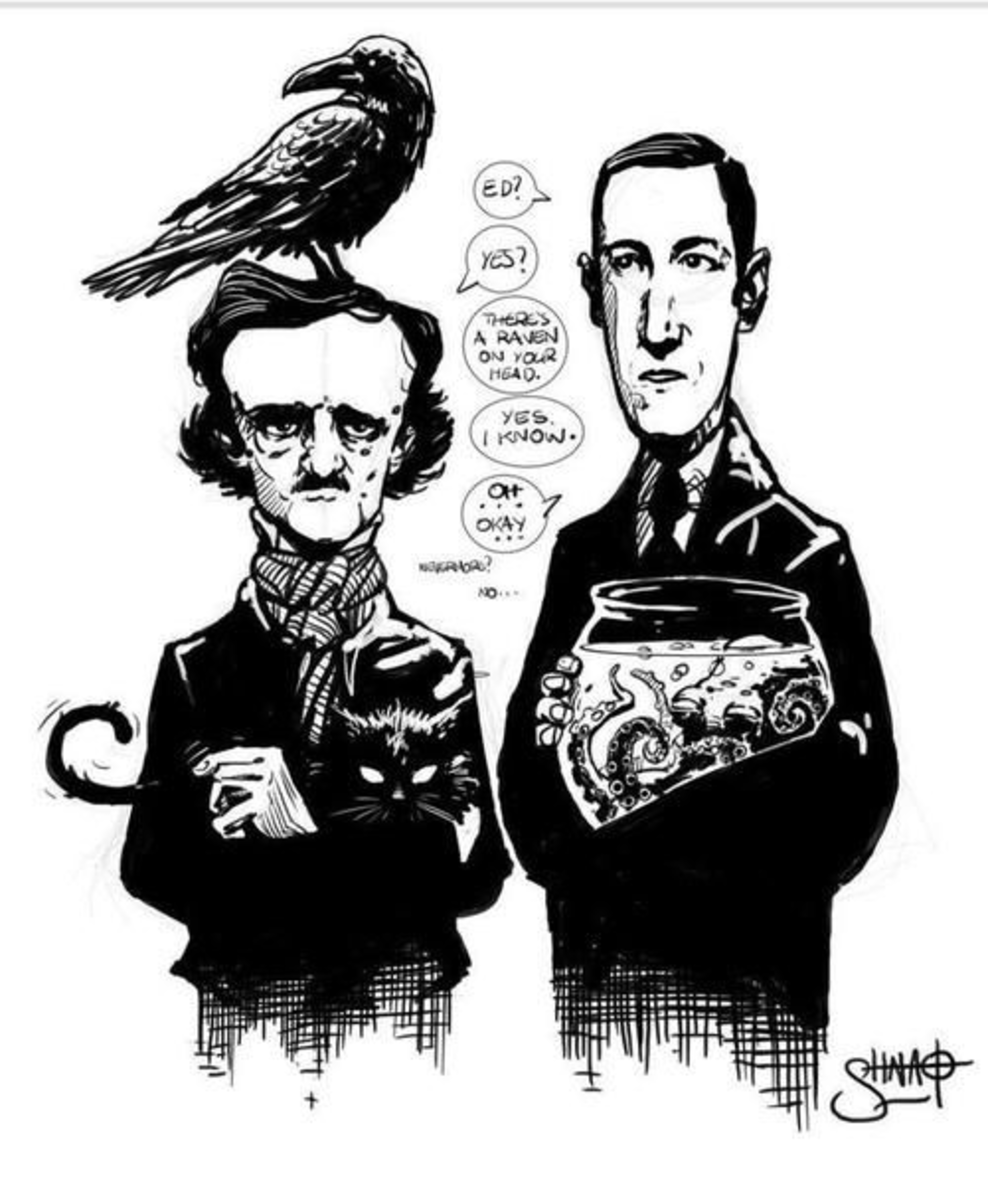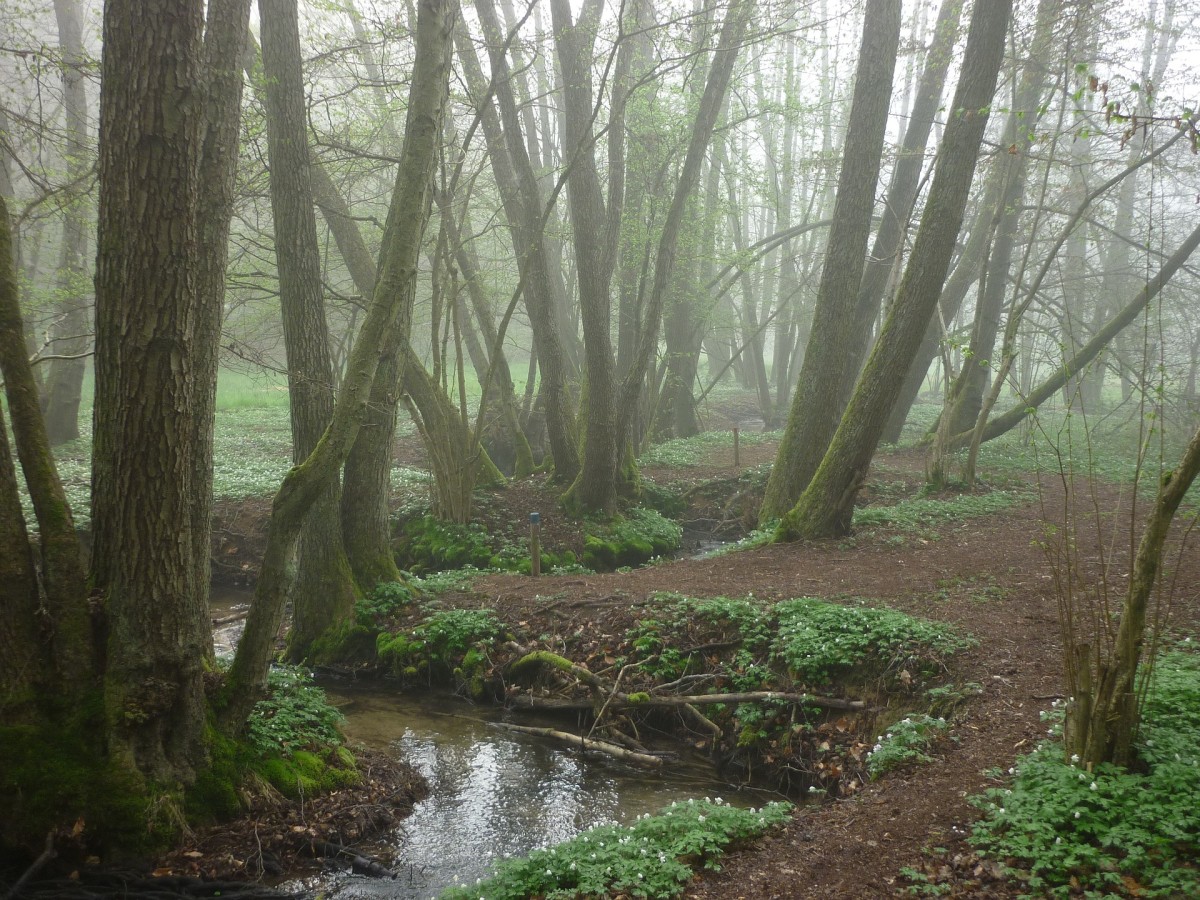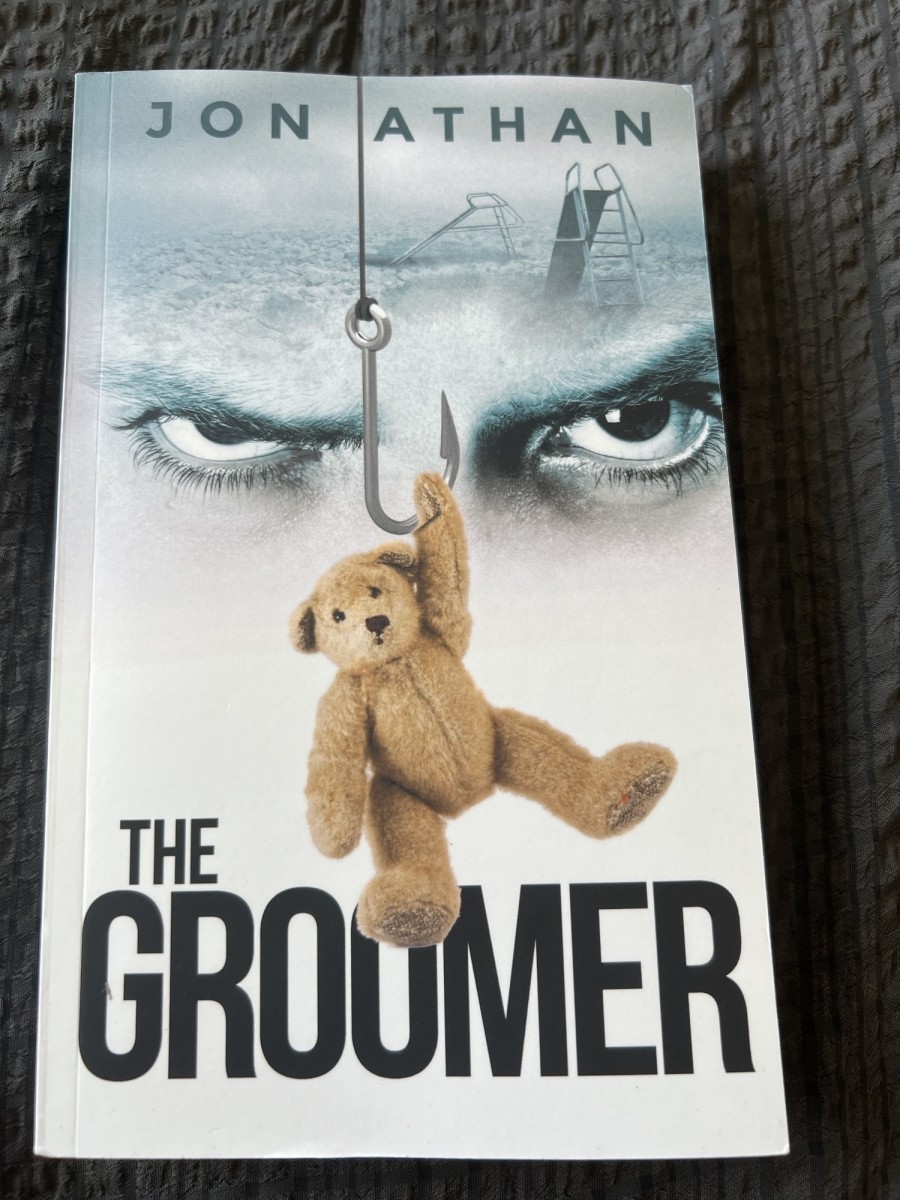The Mammoth Book of Best British Mysteries: (A Book Review)
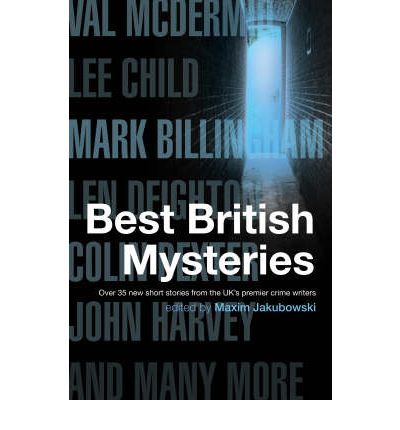
Today we're looking at The Mammoth Book of Best British Mysteries, edited by a crime fiction critic called Maxim Jakubowski, in paperback, published by an entity known as Running Press, in the Year of Our Lord, 2008.
We have a collection of thirty-seven short stories.
Now then, these are mystery stories, not suspense or thrillers, at least as I define those terms. They are not "suspense" stories because nobody upon to do something within a specific time-window, in order to avert disaster.
They are not "thriller" stories, again, as I define the term, because each event that takes place in these stories are not endowed with what I call a momentous immediacy leading to a "shattering climax," and all that. Does that make sense?
To put it very crudely (and a bit unfairly), these are not "thriller" stories, because they are not infused with "thrills and chills"; they don't give you the "roller coaster of emotion" routine.
These are quintessentially mystery stories, although not in the classic Agatha Christie, whodunit puzzler sense. Indeed, that is what I, personally find so delightful about this collection of stories. My first and lasting reaction after reading this volume was pleasure at the mystery story's versatility.
I love the interesting ground that it is breaking. I love the regions of storytelling that it is exploring and intersecting with. I love the fact that, in this volume, we have stories that lie at the intersection of mystery and horror (i.e., The BookBinder's Apprentice by Martin Edwards), mystery and science fiction (i.e., Continuity Error by Nicholas Royle), mystery and the so-called spy action-thriller (i.e., The Death of Jeffers by Kevin Wignall), mystery and what you might call modern-day noir crime (i.e., Just Friends by John Harvey).
And so on and so forth.
The vast majority of these stories are not whodunits in the classical sense. Very often one finds that the "joke," if you will, is entirely on the reader. No one else in the story is perplexed.
Let me back up a little bit. I said that there are stories, in this volume, which lie at the "intersection" of mystery and horror, science fiction, and so forth.
The question is: What exactly do I mean by the language of "intersection"? What does it mean when I say stories seem to lie at the intersection of mystery and horror, like "The BookBinder's Apprentice," for instance? What does that mean to me?
Let's take "The BookBinder's Apprentice" by Martin Edwards, for example. What do I mean when I say that, in my opinion, the story lies at the "intersection of mystery and horror"?
What I simply mean is this: One is going along, reading this "mystery" story, waiting for and expecting the resolution to the story to come along the "mysterious" lines indicated; but then, a puzzle resolution is replaced by a solution of actual horror. That is to say, the solution is not simply mechanical; it is but it is also truly monstrous.
I should say, that in the case of The BookBinder's Apprentice the "horror" takes the form of "the evil men do." But when you read the story, you will see that the evil men do, does indeed merit the label of monstrously horrific, worthy of the most gruesome "slasher" movie.
Let me drive home this "intersection" idea. Take the story, "Continuity Error" by Nicholas Royle. I have said that this story "lies at the intersection of mystery and science fiction." What in the world does that mean?
Again, what I mean is that I was reading the story, going along with the "mystery," awaiting the solution, which I was expecting to be presented along the lines of the fictional but realistic, in line with what a contemporary mystery story would lead you to expect...
That is to say, I was expecting a solution that did not break any laws of physics, or anything like that? Are you following me?
But when the "moment of truth" arrived, the solution or resolution took the form of the genuinely reality-bending. In other words, the solution was not so simple as "the butler did it." The question was: Was anything actually done? What was the source of the happening, if something happened?
I know that sounds garbled, and I'm sorry; but I don't want to give too much away, you know.
The anthology has plenty of historical mystery stories. I would consider "Green Tarts" by Deryn Lake, set in seventeenth century England, to be, perhaps, the most classic mystery-style story, in that the killer turns out to be, in that most classic fashion, "the one you would least suspect," and all that.
"Distilling The Truth" by Marilyn Todd is, in my opinion, the most "literary" of the mystery stories of the collection.
What do I mean by "literary"?
Well, for me, a "literary mystery" story is a story in which you could remove the genre element of the "mystery" and still be left with an interesting, viable story. Remove the genre element entirely, and if you are still left with a story of literary merit, then the story is a literary mystery or literary thriller, or literary science fiction, or whatever.
Does that make sense?
Anyway, with Marilyn Todd's story, I found myself only tangentially interested in the solution to the puzzle. I was much more fascinated to watch a woman, a police officer's wife fall in love again with her husband. The arc was subtly and interestingly drawn, in my opinion. It is my view that the mystery or crime element could have been done away with entirely with no adverse literary consequences.
"Wish" by John Rickards is another short story that lies at the intersection of mystery and horror; but only this time the horror seems to be of supernatural origin. This supernatural implication replaced the human, puzzle element that one was expecting. Does that make sense?
"The Brick" by Natasha Cooper seems to lie at the intersection of mystery and, perhaps, psychological fantasy. Again, a human solution is expected, only to be replaced by something that appears to be beyond human agency.
"The Long Black Veil" by Val McDermid features a truly shocking betrayal. If you're like me, you will find your heart broken both by the victim of, as well as the perpetrator of the betrayal.
"That's The Way He Did It" by Amy Myers is a more classical puzzler with a fun solution, a truly "all's well that ends well" solution.
"Trouble Is A Lonesome Town" by Cathi Unsworth and "Pros And Cons" by Donna Moore are triumphant, "nothing is as it seems" tales of double and triple crosses.
I highly recommend this book for anyone who likes relatively cerebral mystery fiction, with a strong focus on psychological motivation.
Thank you for reading!


